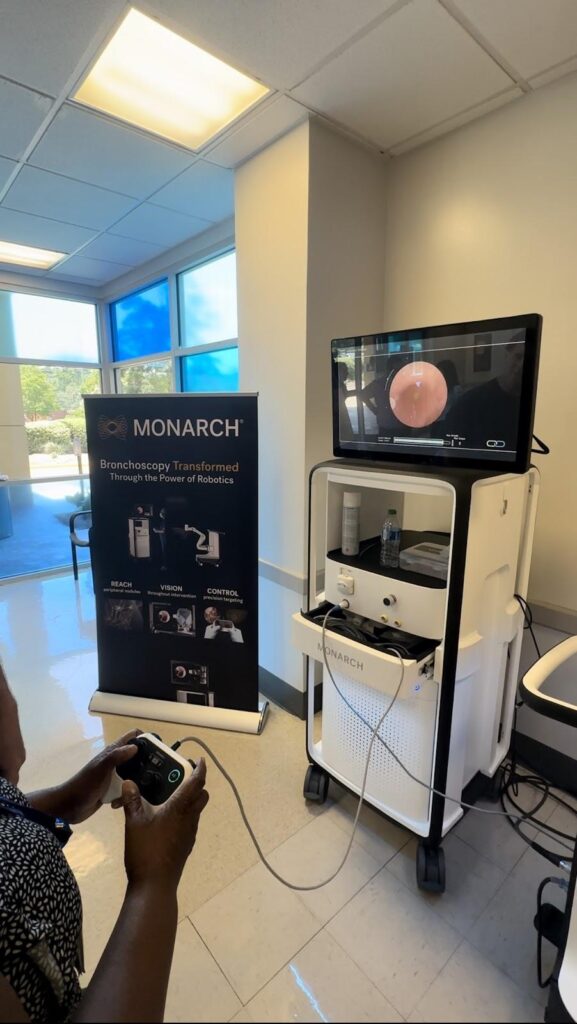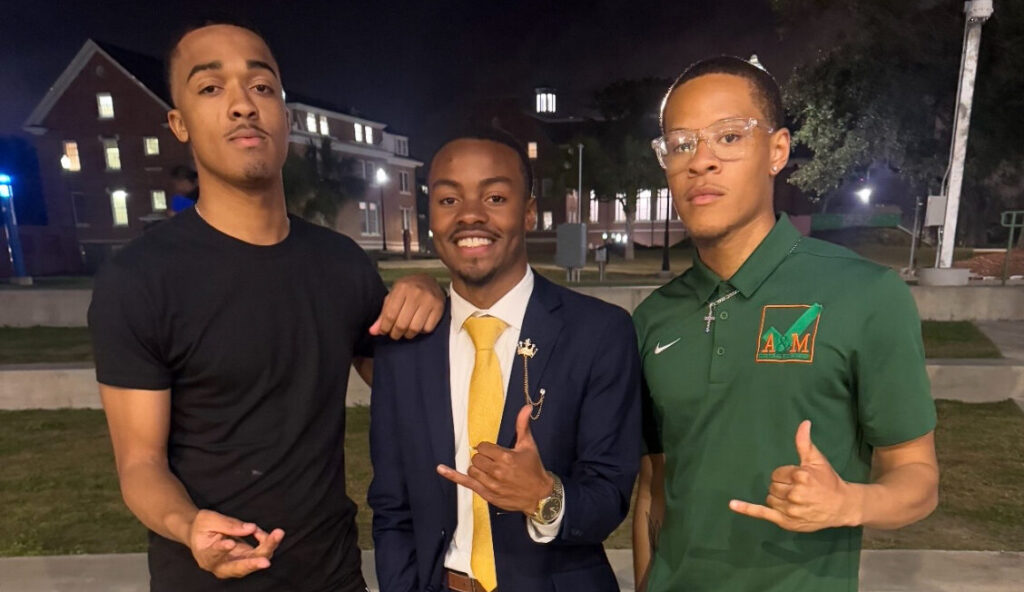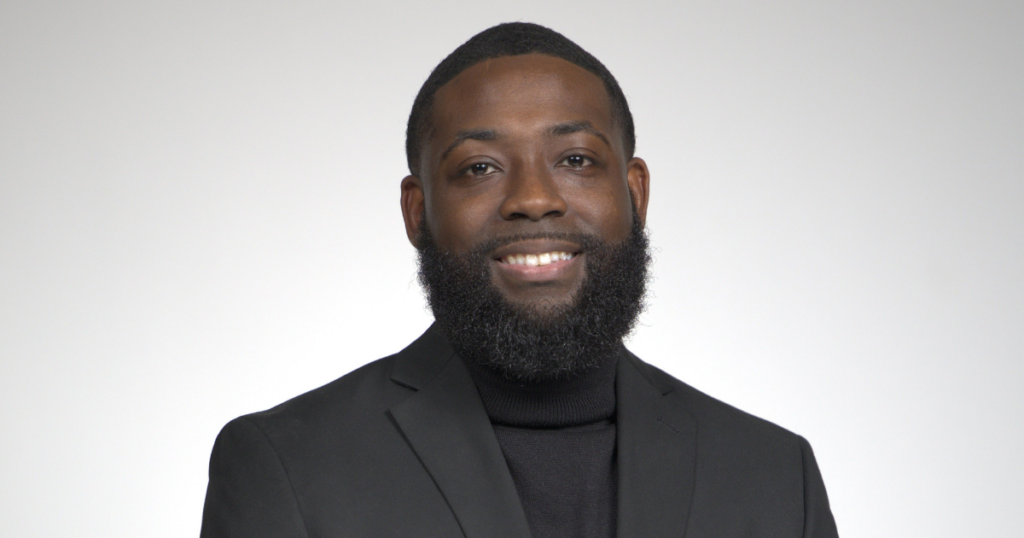Lung Cancer can be one of the deadliest types of cancer because, in the disease’s earliest stages, there are often no symptoms. The newest robotic device from Tallahassee Memorial HealthCare (TMH), the MONARCH Robotic Bronchoscopy Platform, allows TMH to diagnose lung cancer earlier than ever before.
“Monarch is Robot Bronchoscopy, and basically, it’s a way for us to use a tool to get into the lungs so that we can get some biopsies of different abnormalities that might be growing in the lungs, like lung cancers or infections,“ said Alberto Fernandez, Pulmonary Disease Doctor at Tallahassee Memorial HealthCare.
A multidisciplinary collaborative care team called the Tallahassee Memorial Thoracic Oncology Clinic was established with the goal of accelerating care for individuals with suspected lung cancer. At the Tallahassee Memorial Cancer Center, pulmonologists, radiation oncologists, medical oncologists, radiologists, pathologists and other medical professionals collaborate every other Thursday to assess each case that has been referred and develop a personalized care plan.
The Thoracic Oncology Clinic team will meet with the patient to go over their suggested plan of therapy, condensing weeks of appointments and preparation into a single day. Our thoracic oncology navigator will then coordinate the patient’s appointments, diagnostics, and/or procedures, providing a seamless experience for both the patient and the caregiver.
TMH has been performing bronchoscopy procedures for a long time but recently became the first healthcare system in the area to use the MONARCH Robotic Bronchoscopy Platform. This has made it possible for TMH doctors to access lung lesions and nodules that were previously more difficult to access using traditional bronchoscopy.
A bronchoscope is inserted through your nose or mouth, down your throat, and into your lungs during a bronchoscopy to allow doctors to view your lungs and airways. The MONARCH is an image-guided robot that enables medical professionals to access hard-to-reach parts of the lungs.
“It’s mostly used for lung-related mythology, most commonly used for cancers. We can also use it for different types of masses that might be infectious as well,” said Fernandez.
Finding cancerous tumors in the lungs can occasionally require numerous procedures, but MONARCH gives doctors a better chance of doing so with fewer interventions.
The largest cause of cancer-related fatalities worldwide is lung cancer. Lung cancer claims more lives yearly than prostate, breast, and colon cancer. Lung cancer frequently progresses to a more advanced stage. The majority of individuals who are diagnosed with the disease do not survive. The location, size, and technological constraints of nodules have made it difficult to diagnose lung cancer in its early stages.
With the MONARCH Platform, doctors can diagnose lung nodules with higher accuracy than ever before and treat them.
“If you are a smoker or you present with a potential lung nodule it gives a physician the ability to get out to the peripheral of the airways and diagnose the patient appropriately,” said Chad Thompson, Therapist at Tallahassee Memorial HealthCare.
Seven surgeries were scheduled for the team’s first three days of use of MONARCH at TMH when the first procedures using the robot started in April.
“Monarch robotic bronchoscopy is a transformation in healthcare and lung cancer diagnostics,” said Thompson.
The most recent high-tech instrument TMH and the nationally recognized Tallahassee Memorial Cancer Center have purchased is the MONARCH robot. The Cancer Center will undergo improvements in 2022 to increase the number of patients it treats. Additionally, earlier this year, the first of three futuristic linear accelerators that will be used to treat patients with radiation therapy was renovated. With the MONARCH Platform, doctors will be able to diagnose lung nodules with higher accuracy than ever before and treat them, potentially improving survival rates for patients worldwide.












